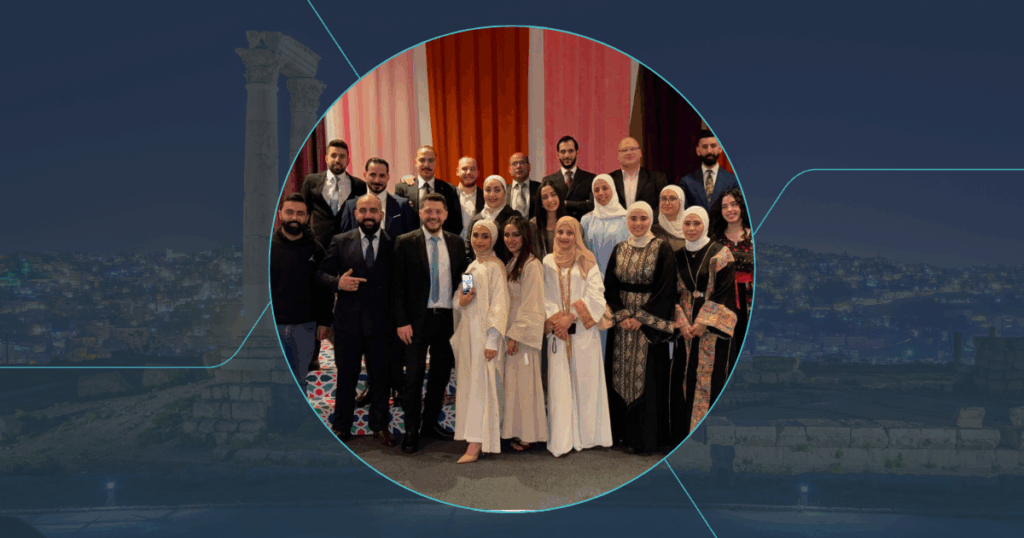Doing business in Turkey
- How quickly can I set up a business?
- What is the minimum investment needed?
- How can I raise finance?
- What are the legal requirements for setting up my business?
- What structure should I consider?
- What advice can you give me in regards to payroll and taxation requirements?
- Is there anything else that I should know?
How quickly can I set up a business?
20-30 Days
What is the minimum investment needed?
Investment depends on the scale of the project.
How can I raise finance?
No restrictions, you can finance for up to 100% of your project.
What are the legal requirements for setting up my business?
Foreign companies may choose to set up 100%-owned subsidiaries in Turkey either in the form of a joint stock company or a limited liability company. Such subsidiaries are treated in the same way as the resident companies.
Subsidiaries may be in the form of a joint venture with a Turkish or international partner. There is no requirement for a local shareholding or directorship for establishing a subsidiary.
What structure should I consider?
The JSC may be an alternative for the investors who want to start large businesses. At least one shareholder is needed to incorporate this type of a company and the required minimum share capital is TRY 50,000. The management of the company is also overseen by a board of directors, together with a supervisory board.
The limited liability company (LLC) is more convenient for small and medium-sized companies. At least one shareholder is required for this business, and there is a minimum share capital requirement of TRY 10,000. The company is managed by a board of directors.
Foreign investors are also entitled to establish a branch in Turkey in order to engage in activities within Turkey, as per the TCC and the Trade Registry Regulation. Different than a JSC and a LLC, Branches may be incorporated only for the same purposes as the parent company. In this respect, branches shall not have separate articles of association and consequently shall merely act within the fields of activity of their parent company.
There also exists a liaison office structure in Turkey, which is considered neither a capital company nor a branch, but which is preferred by foreign investors as a practical way to enter the Turkish market. Basically, foreign capitalized entities may likely prefer to be established as a liaison office in Turkey so as to represent parent companies’ business activities and to gather necessary information on the related sector and the country on behalf of the parent company.
What advice can you give me in regards to payroll and taxation requirements?
In Turkey, the corporate tax rate levied on business profits is 20%. (The rate for corporate tax has been increased to 22% for the tax periods 2018, 2019, and 2020. However, the President is authorized to reduce the 22% rate down to 20%).
Payroll payments (salary payments to employees) necessitate income tax, social security premiums, and stamp tax on gross payments to employees. Income tax brackets are announced at the beginning of each year by the Ministry of Finance.
Companies can profit from the following 10 components of the Investment Incentive Certificate (IIC):
• VAT exemption
• customs duty exemption
• RUSF exemption
• corporate tax support
• support for employer portions of social security premiums
• land allocation
• interest support
• VAT refund
• support for salary income taxes (only for investments realised in region 6)
• support for employee portions of salary social security premiums (only for investments realised in region 6).
Is there anything else that I should know?
TAX SUPPORT AND INCENTIVES FOR TECHNOLOGY DEVELOPMENT ZONES
• Profits derived from software development, R&D, and design activities are exempted from income and corporate taxes until December 31, 2023.
• Sales of application software produced exclusively in TDZs are exempted from VAT until December 31, 2023. Examples include software for system management, data management, business applications, different business domains, the internet, mobile phones, and military command and control systems.
• Remuneration for R&D, design, and support personnel employed in the zone is exempted from all taxes until December 31, 2023. Nevertheless, the number of support personnel covered by the exemption may not exceed 10% of the total number of those involved in R&D.
• Investments for the production of technological products developed on the basis of the outcome of R&D projects conducted in the TDZ may be made in the TDZ if deemed it by the operator company and if allowed by the Ministry of Industry, and Technology.
• 50% of the employer’s share of the social security premium will be paid by the government until December 31, 2023.
• Customs duty exemption for imported products and stamp duty exemption for applicable documents within the scope of R&D, design, and software development projects.
TAX SUPPORT AND INCENTIVES FOR ORGANIZED INDUSTRIAL ZONES
• Exemption from real estate duty for five years starting from the date of completion of the plant construction.
• low water, natural gas, and telecommunication costs.
• No tax is payable in cases of merging and/or separation of plots.
• Exemption from municipality tax for the construction and usage of the plant.
TAX SUPPORT AND INCENTIVES FOR FREE ZONES
• 100% exemption from customs duties and other assorted duties.
• 100% exemption from corporate income tax for manufacturing companies.
• 100% exemption from value-added tax (VAT) and special consumption tax.
• 100% exemption from stamp duty for applicable documents.
• 100% exemption from the real estate tax.
• 100% income and corporate tax exemption for certain logistic services to be offered in the FZs, provided that they are export oriented.
• 100% exemption from income tax on employees’ wages (for companies that export at least 85% of the FOB value of the goods they produce in the FZs).
• Goods may remain in FZs for an unlimited period.
• Companies are free to transfer profits from FZs to abroad as well as to Turkey, without restrictions.
• Exemption from title deed fees when acquiring and selling a property.
• VAT exemption during construction, design, settlement, and approval processes.
• Ready-to-use infrastructure exempted from VAT and other taxes
• Import permit for second-hand, used machinery.
• Exemption from the municipality tax on solid waste if the OIZ does not avail itself of the municipality service.
Our firms in Turkey
See VAT guide
How can Kreston grow your business?
Select your business type:
Latest news

New Jordan firm joins Kreston Global
Kreston Global has today welcomed Jordan firm, Alothman Group International (AGI), to the Kreston Global network.
Mid-market outlook in the Middle East
The third edition of Going Global is now available, offering key insights into the mid-market outlook in the Middle East. This edition explores current trends, challenges, and opportunities for mid-sized businesses across the region.

Mid-tier firms emerging as attractive options for new careers
Shibu Abraham explores why mid-tier firms are becoming increasingly appealing for new career opportunities in his discussion with ACCA.

